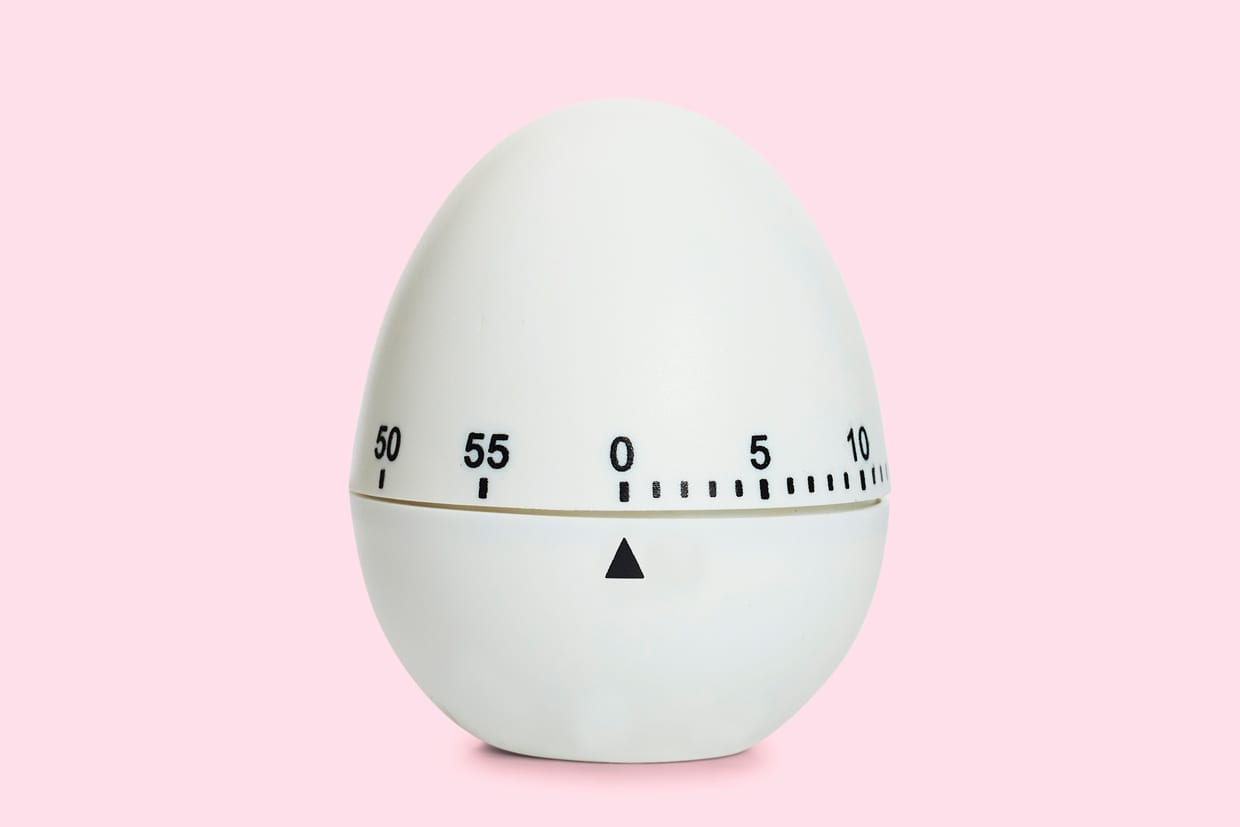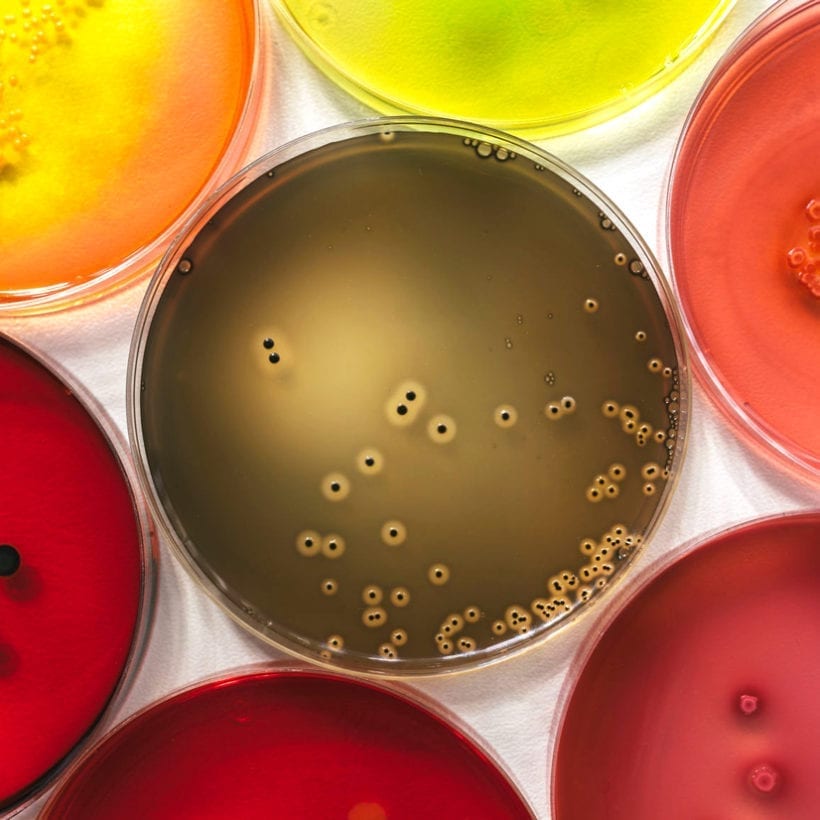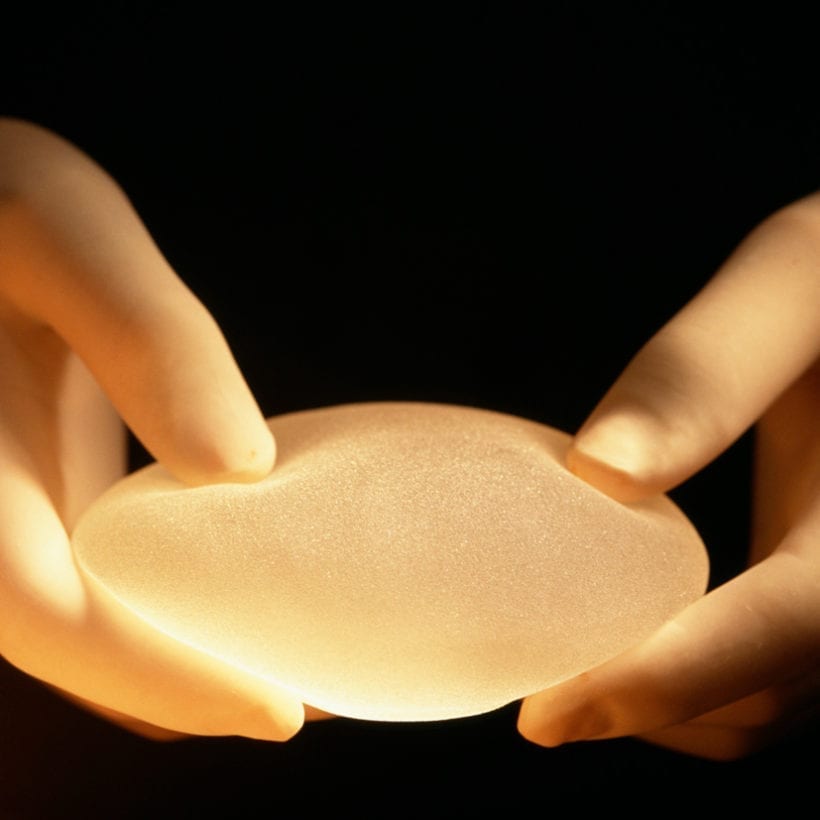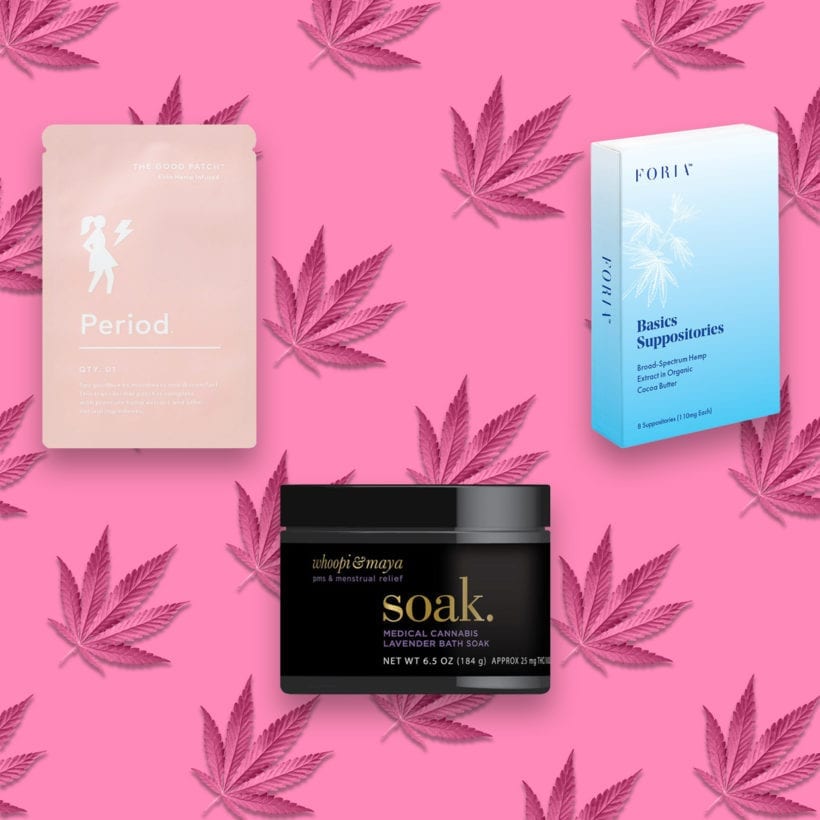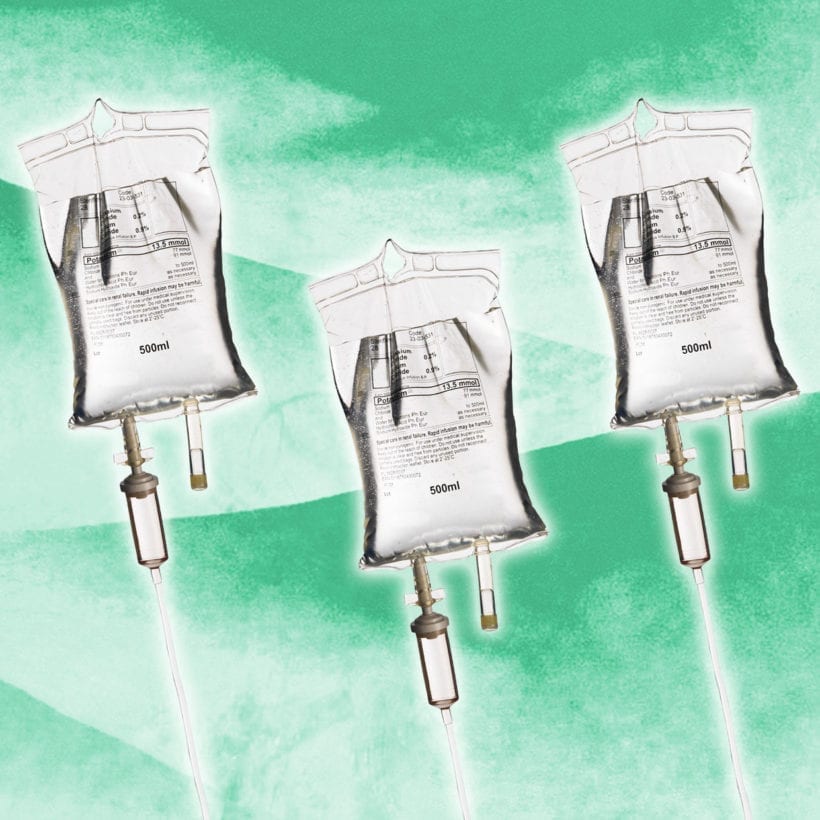Planning a pregnancy is an exciting time. You are ready to join the ranks of motherhood and venture into newfound territory. But what if planning a pregnancy is not at the top of your do list right now? You may have student loan debt, are finally on your desired career trajectory and may or may not own a home. This is the reality for millions of women, and the record low fertility rates according to the CDC confirm this. Research shows that millennial women are the slowest to have kids of any generation in U.S. history, based on the findings of this study by the Urban Institute.
If you are deciding to hold off on starting a family any time soon, what does this mean for the future of your fertility and reproductive health?
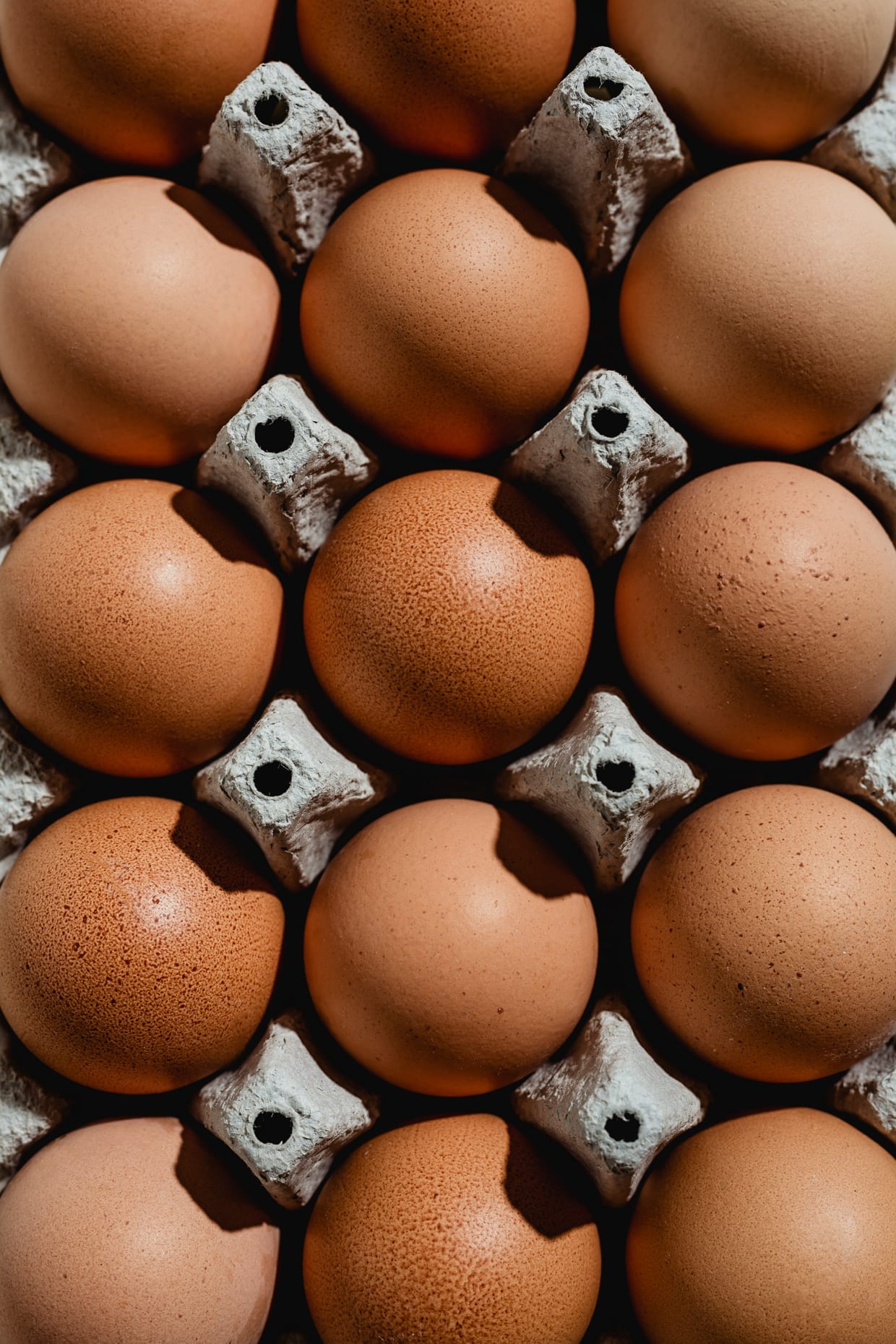
The Reality of Getting Pregnant After 35
First, we have to face the facts about aging. “Fertility declines as a woman matures, with gradual decline beginning in the mid-thirties. Fertility (spontaneous conception) after the age of 43 declines significantly,” says Adeeti Gupta, M.D., founder of Walk In GYN Care.
It is not as easy to get pregnant the older you are, and that is primarily because your egg supply decreases over time. “The quality of eggs also declines with age because of a higher risk of chromosomal errors with advancing age. This can result in an increased risk of miscarriage and lower fertility. In addition to the accumulation of genetic errors in the egg pool over time, other factors such as smoking, other environmental exposures, and certain medical and surgical treatments can compromise egg quality, ovarian reserve, and a chance for a healthy outcome for pregnancy as women age,” says Gupta.
Around the age of 30, your fertility starts to decline, and by 35 your egg supply decreases even further. According to Gupta, “the rate of infertility in the following age groups of 20-24, 25-29, 30-34, 35-39, and 40-44 [is] 6, 9, 15, 30, and 64 percent, respectively.” This is why more and more women are turning to in vitro fertilization (IVF) and egg freezing to help them get pregnant later on in life.
Now that more women are choosing to delay getting pregnant, doctors are finding that the top problems they see are with egg quantity and quality. But that does not necessarily mean that women need to rush to beat the clock, there are things you can do now to plan and prepare to delay getting pregnant. “All is not lost and it’s not that your clock is ticking once you are in your 30s. We just recommend that along with body awareness, simple right choices along with a little bit of anticipation and planning can go a long way. Just as we want to plan for our retirement and our career, starting to think about available options at the right time is a helpful life exercise,” adds Gupta.
Get a Full Workup Done
Even if you have no desire to get pregnant any time soon, it is still a great idea to know your numbers. Visit your general practitioner and have your hormones tested to see where you are. If you do not have access to testing, consider home testing kits like Modern Fertility ($159) or Everlywell ($159), which offer you the same test given at infertility clinics. This particular testing kit is designed to help you make informed choices about your reproductive health by showing you a “fertility score” that helps you determine whether to delay pregnancy, freeze your eggs, or start trying a bit earlier than you might have planned. However, Gupta notes that even though the hormones they are testing are the correct ones, there is no way to know about the accuracy of the testing.
Start Tracking Your Cycle and Consider the Long-Term Impact of Hormonal Birth Control
Not on birth control? Getting pregnant at any age is a bit easier when you are able to accurately track your cycle. The best way to do this is by tracking your current cycle day (day one being menstruation), taking and recording your basal body temperature every morning (you will typically see a rise in temperature for three consecutive days confirming ovulation), cervical mucus which changes consistency throughout the month in response to hormone levels (when fertile the cervical mucus changes to a clear and sticky consistency, almost like an egg yolk), and ovulation prediction kits which test levels of luteinizing hormone in your urine (a day or two before ovulation, LH surges so when you get a positive, you will most likely ovulate in the next 12-36 hours).
All is not lost and it’s not that your clock is ticking once you are in your 30s.
There are many apps available — like Flo Living and Daysy — that will help you keep track of your cycle, but Gupta warns users of their consequences. The apps are predicting ovulation based on your past cycles and an algorithm, but because a woman does not always ovulate the same day each cycle, they are not always accurate. “Unfortunately, in my personal experience, sometimes these apps create more anxiety because they could create this false sense of urgency, for example, when a woman sees a smiley face, they start to believe that they are now fertile and that they will get pregnant no matter what and when it doesn’t happen, it can have devastating emotional consequences,” says Gupta.
Birth control is another factor to consider when talking about fertility. If you are on birth control, consider that while it may not cause long-term infertility after you stop taking it, it may delay fertility. “With combination hormonal birth control pill/IUD and condoms, the fertility is restored right away [once you stop using them]. With Depo-Provera and Implanon, it may be delayed up to 3-6 months,” Gupta adds.
Endometriosis Can Be a Factor
Endometriosis has been linked to infertility. But according to Gupta, it is not black or white. “Endometriosis has been suspected to cause a decline in fertility by various mechanisms. The jury is still out on exactly how endometriosis causes infertility,” she says. “We do know that when women have “confirmed” and advanced endometriosis, then there may be difficulty conceiving in which case they may need assisted infertility treatments such as intrauterine insemination (IUI), IVF or intracytoplasmic sperm injection (ICSI). So, I usually recommend women to get seen and evaluated by their regular GYN before they start blaming a delay in conception to endometriosis.”
Research Your Options for Egg Freezing and IVF
Now that you know your numbers, if you are in your 20s to late 30s and you know you want to delay pregnancy, you may want to consider researching your options for egg freezing and IVF. But Gupta — who has seen an increase in egg freezing — says it is important to be informed and realistic: “Counseling about egg preservation is one of the most important aspects of egg freezing. The highest probability of live birth following oocyte cryopreservation [aka the egg freezing process] occurs for women [younger than] 35 years of age,” says Gupta. “As an example, if 10 oocytes [eggs] are cryopreserved [frozen] for women 30 and 37 years of age, the probability of achieving one live birth using thawed oocytes is 69 and 50 percent, respectively.” The vitality and number of eggs can depend on the anti-Müllerian hormone concentration (the hormone that allows for estimating ovarian reserves), antral follicle count (a measure of the egg supply) and estradiol concentration (estradiol is an estrogen produced by the ovaries and its levels in the blood can signal egg count).
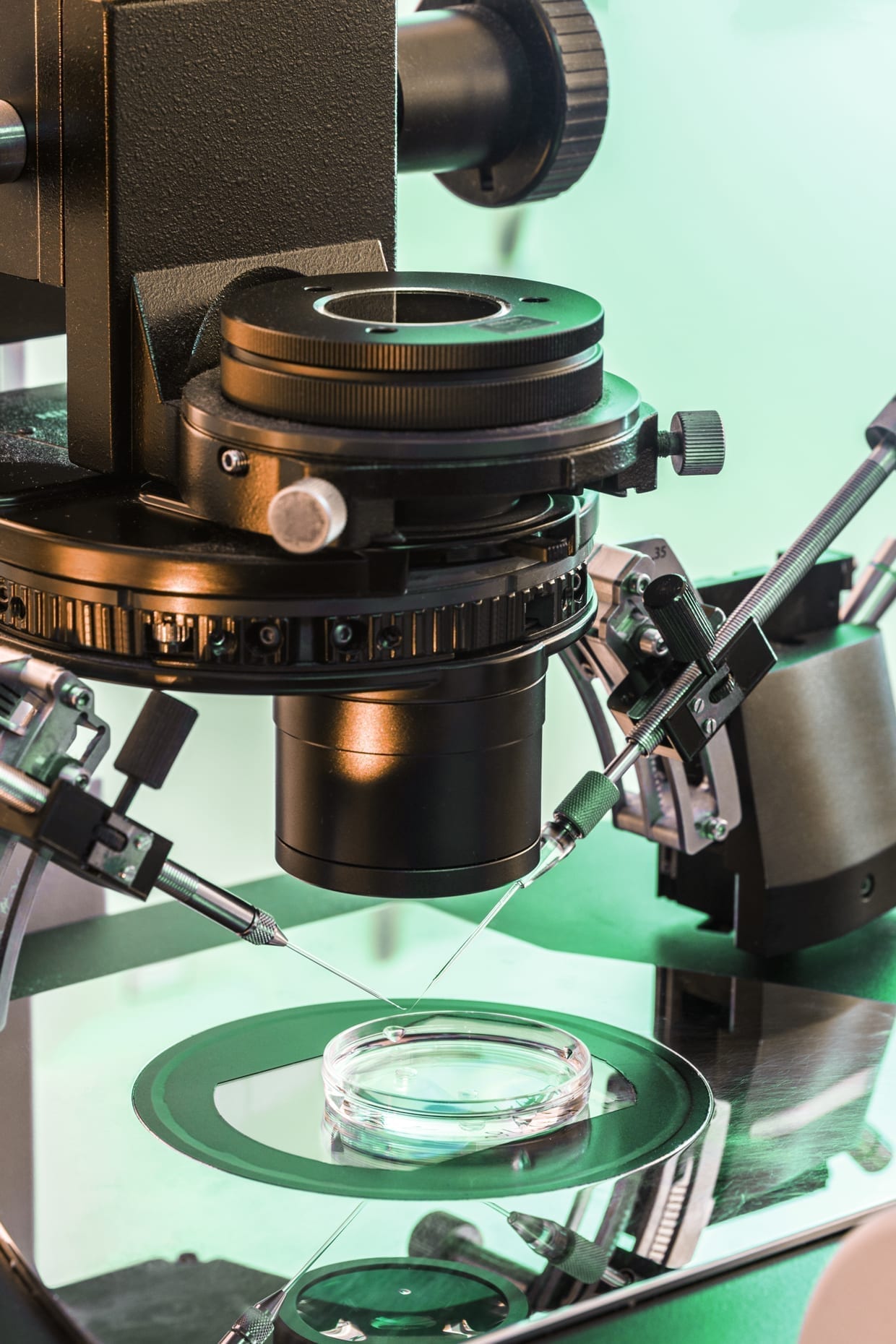
It costs around $10,000 to harvest eggs from the ovaries, and a storage cost can range from around $300-500 annually. When you are ready to have your baby, it will cost around $5,000 to have the eggs thawed, fertilized and transferred to the uterus using IVF. “The basic steps of IVF include hormonally stimulating the ovaries, harvesting eggs, fertilizing the eggs with the sperm in the lab under controlled circumstances, and transferring one or more embryos back into the woman’s uterus to implant and develop,” says Gupta. As far as safety is concerned, Gupta says it is important to let your doctor know of any pre-existing conditions and evaluate the quality of the fertility and storage center.
Eat for Your Fertility
When it comes to a fertility diet, the standard recommendation is to cut back on foods that can cause inflammation in the body like processed foods, sugar, dairy, gluten and soy. “We do tell women to avoid foods high in phytoestrogens (foods that can mimic or elevate our body’s estrogen, such as soy, tofu, etc.),” says Gupta. “Excessive intake of these may affect menstrual cycles adversely and affect ovulation, theoretically.”
It is recommended that you nourish your body with organic poultry and pasture-raised meats, bone broths, wild-caught fish, especially salmon and sardines which are high in omega-3. Eat a diet rich in healthy fats like extra virgin olive oil, avocado and walnuts. Go heavy on the leafy greens like kale, chard, collards and dandelion. And do not forget those complex carbs like sweet potato and plantain, which are needed for energy and hormonal health.
Take Care of Your Body
Getting pregnant may not be a priority right now but taking care of your body should be. Making sure you are getting enough sleep each night, exercising regularly, drinking enough water, getting enough sunlight and managing your stress are very important for hormonal health and fertility. While you are planning ahead, you could even take it a step further by reducing your exposure to hormone-disruptive chemicals: BPA, phthalates and parabens like the ones found in the laundry and dishwashing detergent, cosmetics, perfume, candles, food preservatives and artificial coloring. “After entering the body through the skin or the gut, they can either affect the metabolism directly or by breaking down into harmful byproducts and stimulating the hormonal pathway to the direction of harmful estrogenic products. These estrogenic chemicals can cause symptoms of elevated estrogen (estrogen dominance). This can affect menstrual cycles, ovulation and hence fertility,” Gupta adds.
Whether or not you decide to start trying to get pregnant tomorrow, choose to delay getting pregnant, or never choose to have children at all, it is important that you know your numbers and be aware of the current state of your fertility and hormonal health. If you know you plan to have children one day, try and live a lifestyle that supports egg and reproductive health to help increase your chances of getting pregnant.
Reporting by Drew Carlos and Brittany Braggs.
